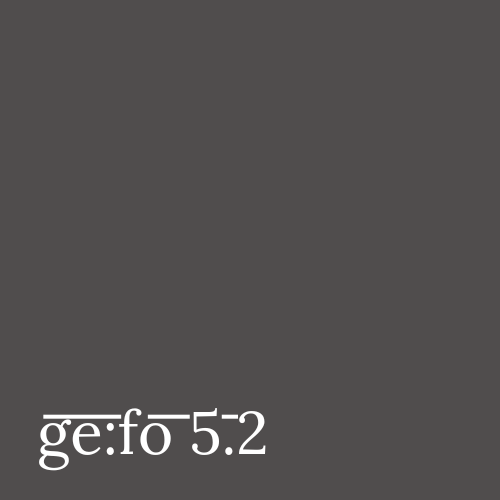“Postcolonial Triangles”: An Analysis of Masculinity and Homosocial Desire in Achebe's A Man of the People and Greene's The Quiet American
DOI:
https://doi.org/10.18716/ojs/gefo/2006.2947Keywords:
queer theory, masculinity, patriarchy, neo-imperialismAbstract
This article provides an original approach for understanding postcolonial representation through queer theory. I argue that mapping Sedgwick's view of triangulated desire onto literary models of postcolonial representation uncovers how authors create gender hierarchies in their novels that mirror the inherent power disjunction in the colonizer/colonized relationship. Specifically, I examine two postcolonial works which employ the love triangle, Graham Greene's The Quiet American and Chinua Achebe's A Man of the People. By integrating Anne McClintock's and Frantz Fanon's conception of imperial imagery and power into this exploration, I show how Achebe and Greene use the love triangle to portray the relation of masculinity and patriarchy to neo-imperialism and the new world order. This study is ultimately an attempt to explore the following question- can the love triangle, an age old literary device central to the European novel, in fact be decolonized?



